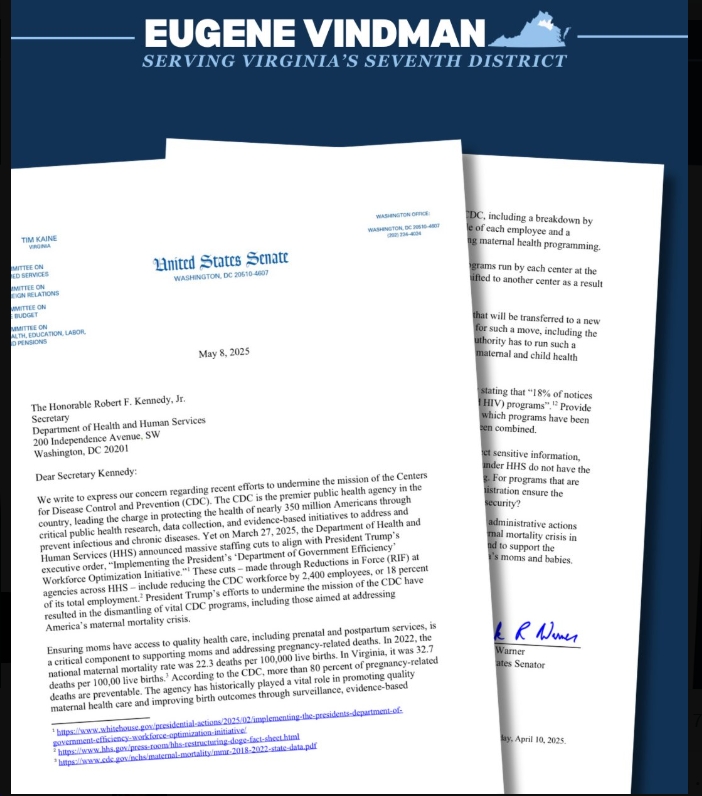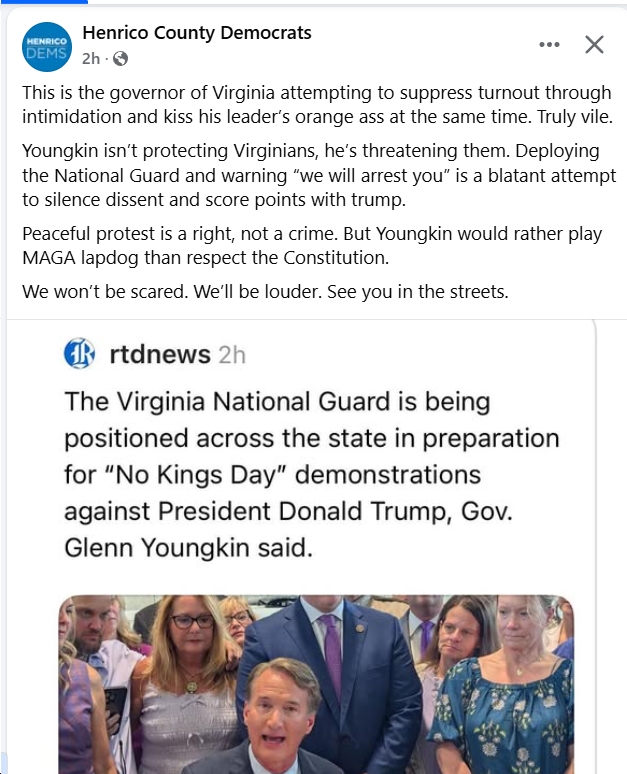cross-posted from Main Street Insider
We’re back with the Season 2 Premiere of 90 Second Summaries! This season will have double the suspense, double the hilarity, and it just might move you to tears… Okay, not really. Our 90 Second Summaries will be what they always were, a clean and simple set of legislative summaries designed to help folks on Main Street keep up.
To kick off the new season, we are going to roll out a couple summaries of the more interesting provisions of the new Adopting Rules Package of the 112th Congress (then we will take a couple weeks off to evaluate new legislation before us). This week, we are looking at the transparency provisions of the new rules. These provisions are important to understand, if only because it will require pressure to ensure that they are followed properly. Without further ado, we present Season 2, Episode 1:
H. Res. 5: Adopting Rules of the 112th Congress
Part 1 of 2: Transparency Provisions
Introduced 1/5/2011
Sponsor: Majority Leader Eric Cantor (R-VA7)
Click here to download this summary (pdf)
Status: Passed by House, 240-191, entirely along partisan lines, on 1/5/11. Senate or Presidential approval is not needed for enactment of House rules, so the rules package is now in effect.
Purpose: On the first day of each new Congress, the House of Representatives approves new operating rules crafted by the majority. The rules resolution is an important measure that lays out key procedures for debate and day-to-day functioning of the body, and often sets the tone for the two years to come.
Buoyed to a resounding midterm election victory by outsider Tea Party supporters, the new Republican majority takes power with a mandate to make government processes more accessible to everyday Americans. Determined to act on that mandate, or at least appear to be doing so, House Republicans included a number of transparency provisions in the rules for the 112th Congress.
Summary: The package includes provisions intended to improve online posting of congressional information, availability of pending legislation for review, and more. Among other things, the rules specifically:
• Create a new requirement that each introduced piece of legislation be accompanied by a statement citing the specific constitutional authority on which it is based;
• Require all bills to have been publicly available for three calendar days prior to consideration, committee drafts (aka chairman’s marks) for 24 hours prior to the meeting, and results of committee roll call votes to be posted within 48 hours.
• Direct the Committee on House Administration to establish and maintain standards for online publication of all House and committees documents;
• Require at least 3 days’ advance notice for committee markups. There is already a 7-day notice requirement for announcement of committee hearings. Both of these requirements, however, can be waived by either committee leaders or by majority vote;
• Require online publication of each committee’s rules;
• Require each committee, to the “maximum extent practicable”, to provide video and audio live feeds and archives of all of their events, including markups.
It should be noted that many of these rules such as the hearing notice requirement were already in place in some form, and others may not have any tangible effect if not actively enforced by leadership. But these measures constitute a newfound recognition among House leaders that information is not truly available to the public unless it is posted online.
Supporters: open government advocates, many Tea Party supporters, online journalists
• Supporters welcome and applaud the changes as a step in the right direction, although many remain cautious about their effectiveness and feel more can be done in this regard. Some have expressed the intention to hold the House GOP leadership accountable if it fails to enforce these rules.
Opposition: no formal opposition
• A greater focus upon transparency is not actively opposed by any individuals or groups of note. However, access to information is a much lower priority for some than for others. There is a modest cost associated with development and execution of transparency-increasing technologies and resources, and those with less interest in public knowledge of congressional actions might balk at the extra use of resources for this purpose.
Further links
Full text: http://rules-republicans.house…
Official section-by-section summary: http://www.rules.house.gov/Rul…
Rep. Dreier floor statement in support: http://www.rules.house.gov/New…
Sunlight Foundation review of the rules: http://sunlightfoundation.com/…
TPMDC article questioning the effectiveness of the rules: http://tpmdc.talkingpointsmemo…
















